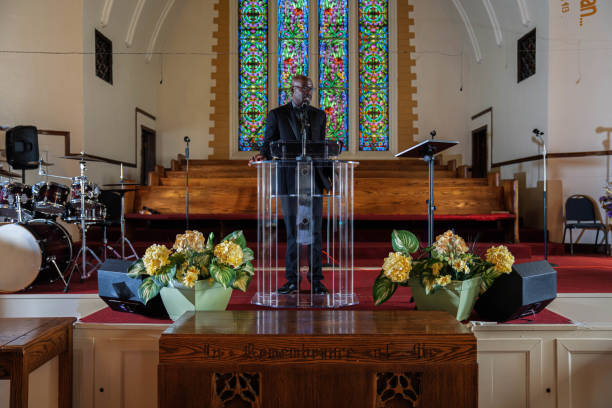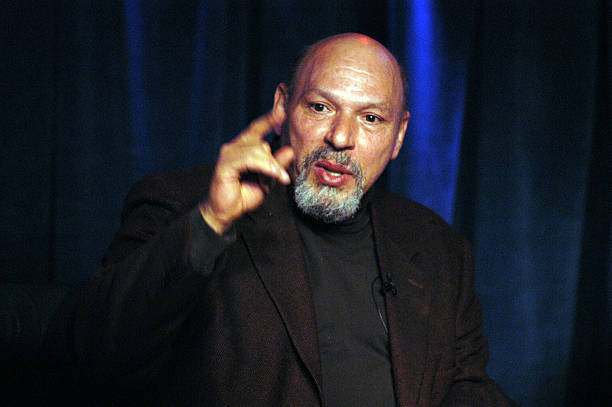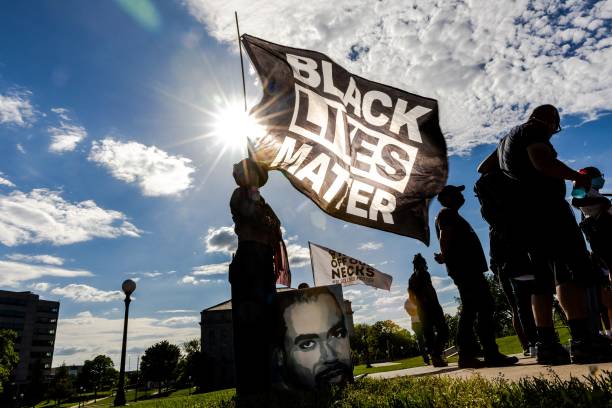(ThyBlackMan.com) Disease is never fair. But, for African-American men in the U.S., prostate cancer can be downright cruel. While 1 out of 6 American men will be diagnosed with prostate cancer in their lifetime and more than 218,000 die from it annually, black men are 60 percent more likely to be diagnosed with this form of cancer and 2.4 times more likely to die from it.
I wish I could tell you we better understood the reasons for this disproportionate disease burden for black men, but I can’t just yet. Researchers are studying the disparity, but for now we have to assume it is most likely a combination of factors including genetics, lifestyle (diet and exercise), attitudes regarding personal preventive healthcare and, in some cases, access to healthcare. However, one study published about a year ago did indicate that Africa-American men who exercised regularly in their late teens through their mid-20s had a lowered risk of prostate cancer compared to those who didn’t exercise. This data supports a growing  number of studies that underscore the positive influence on healthy lifestyles on cancer prevention.
number of studies that underscore the positive influence on healthy lifestyles on cancer prevention.
In my time working with patients and their families—I am a Stage 4 patient with advanced metastatic disease myself—I have come to understand that men are truly from Mars and woman from Venus. The way the sexes approach healthcare and being faced with a serious diagnosis are significantly different. Women tend to be more proactive and more open when faced with a life-threatening disease. In sharp contrast, we men want to shut down, get the problem fixed and put it quietly behind us. Believe it or not, I have even met men who refuse to share their family health history with their sons, who are genetically twice as likely to be diagnosed because their father, grandfather or brother had it, because it’s “too personal.”
Add the family history stats to those for African-American men, and you can begin to understand why this is such an important health issue for the black community and why attitudes need to change.
The Prostate Cancer Foundation, seeing the need to promote prostate health awareness, has published a guide especially designed to get the message out: Prostate Cancer, Straight Talk for African-American Men and Their Families. The guide offers six actions black men should take to protect themselves and their loved ones:
- Know your family history and share it
- Maintain a healthy diet and weight
- Avoid charred meats that contain carcinogens that can wreck havoc on the prostate’s DNA
- Get up and move, exercising regularly
- Man up and get annual screenings
- Talk about prostate cancer with friends and family
I recently had the honor of leading a workshop on understanding prostate cancer at the Black Barbershop Men’s Health and Empowerment Summit, held annually in Los Angeles. I was pleased to see so many men attend the session and have their PSA blood test that morning. I am also encouraged by the excellent work that is being done by the Black Barbershop to get health information on diabetes, hypertension and prostate cancer to black barber shops across the country. These are crucial advances.
However, call it a false sense of invincibility or just plain foolhardiness, many men— regardless of race or color—scoff at the thought of annual testing, especially when it comes to the digital rectal exam (DRE). Believe me, as someone who has had the procedure done annually since I was 42, I can says it’s little compared to what we expect our women to endure for us. As a patient, I can testify that a few seconds of awkward probing indeed helped to save my life.
Two-time Grammy nominated R&B artist Charlie Wilson is a recent survivor of prostate cancer. Since his diagnosis and treatment, he tells every audience at his concerts to “man up” and get screened. In his words, “It would be a shame for any man to die of this disease because he was ashamed to be screened.” Of course, as is often the case, it was Charlie’s wife who insisted he talk to his doctor about prostate cancer in the first place.
More information on prostate cancer, screening and treatment can be found at http://www.pcf.org and at my cancer blog, http://www.mynewyorkminute.org .
Written By Dan Zenka
Prostate Cancer Patient
Senior Vice President, Prostate Cancer Foundation
http://www.pcf.org




















1 Comment